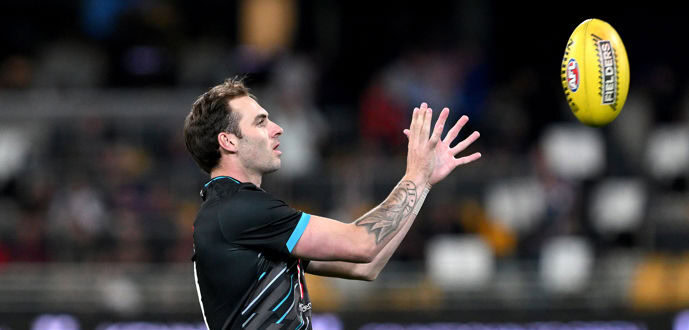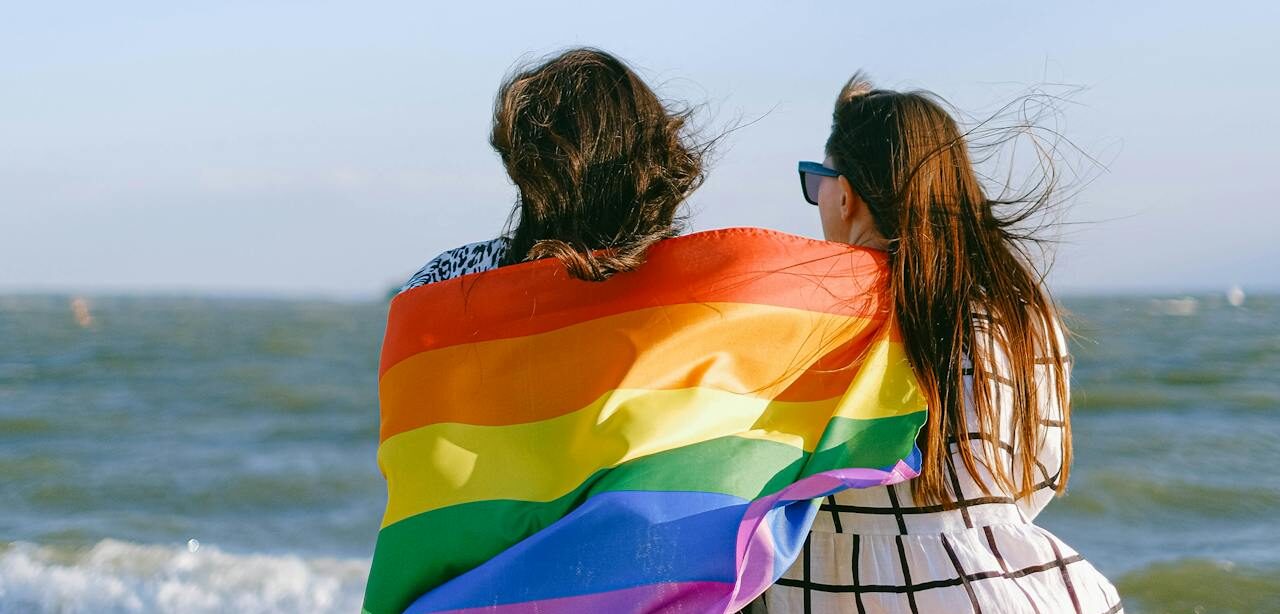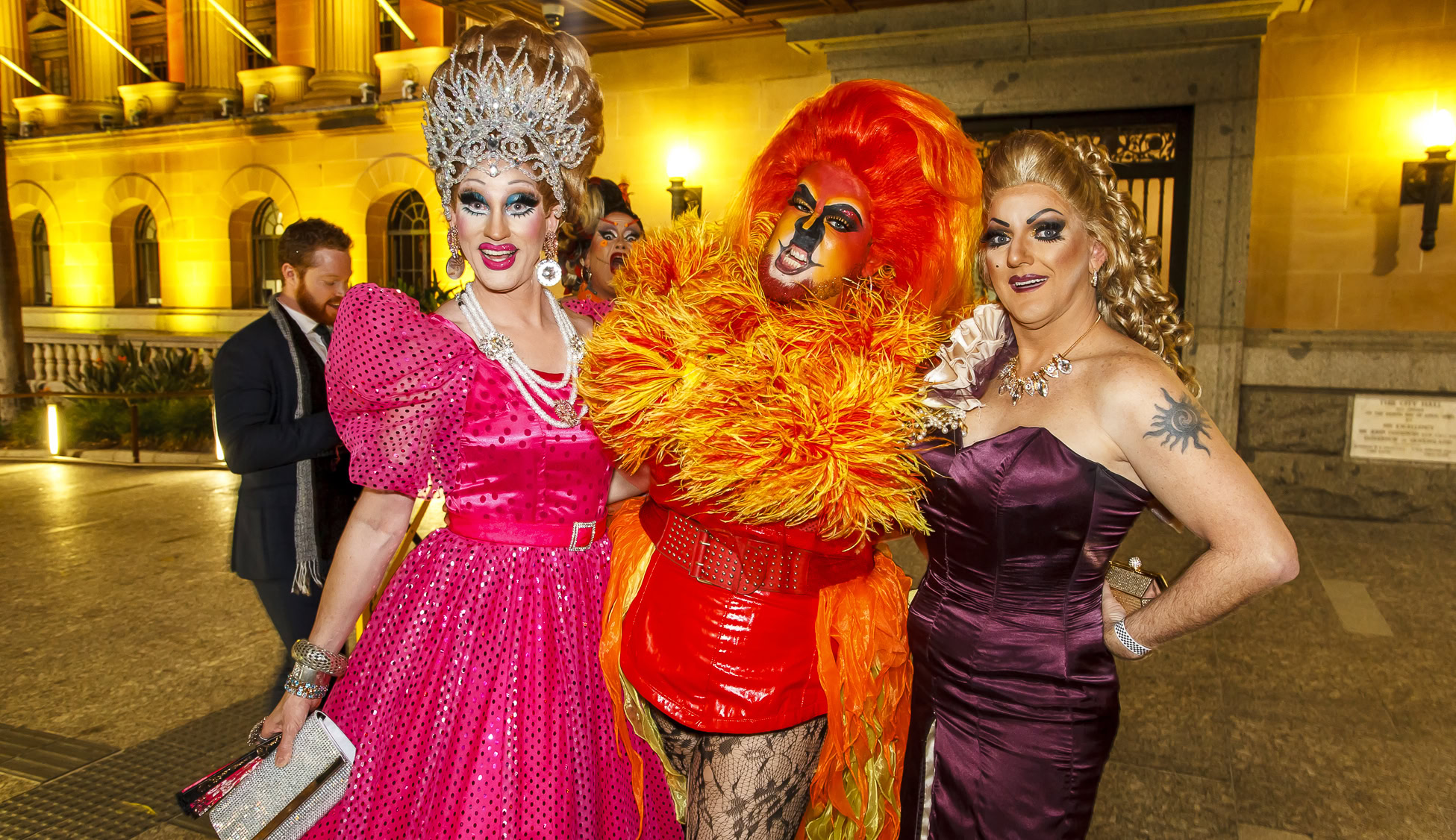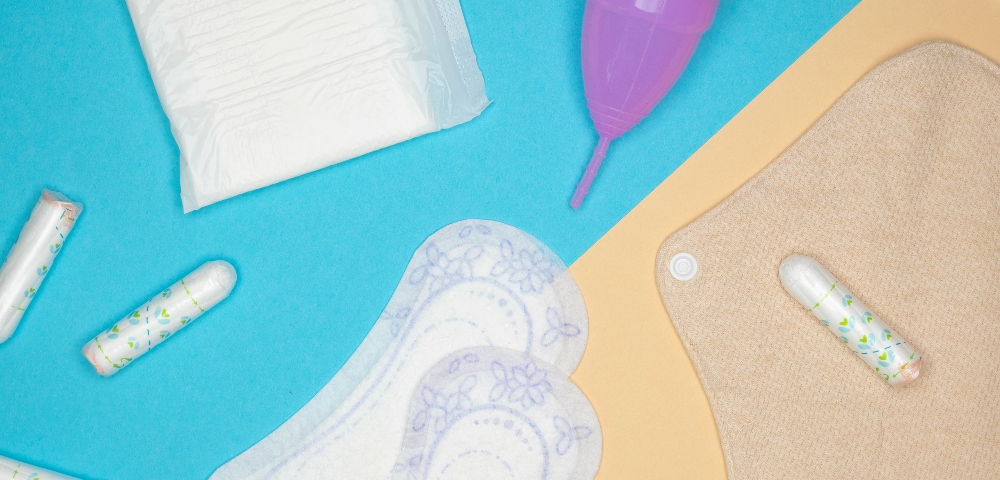
Guidelines launched to promote trans inclusion in Australian sport
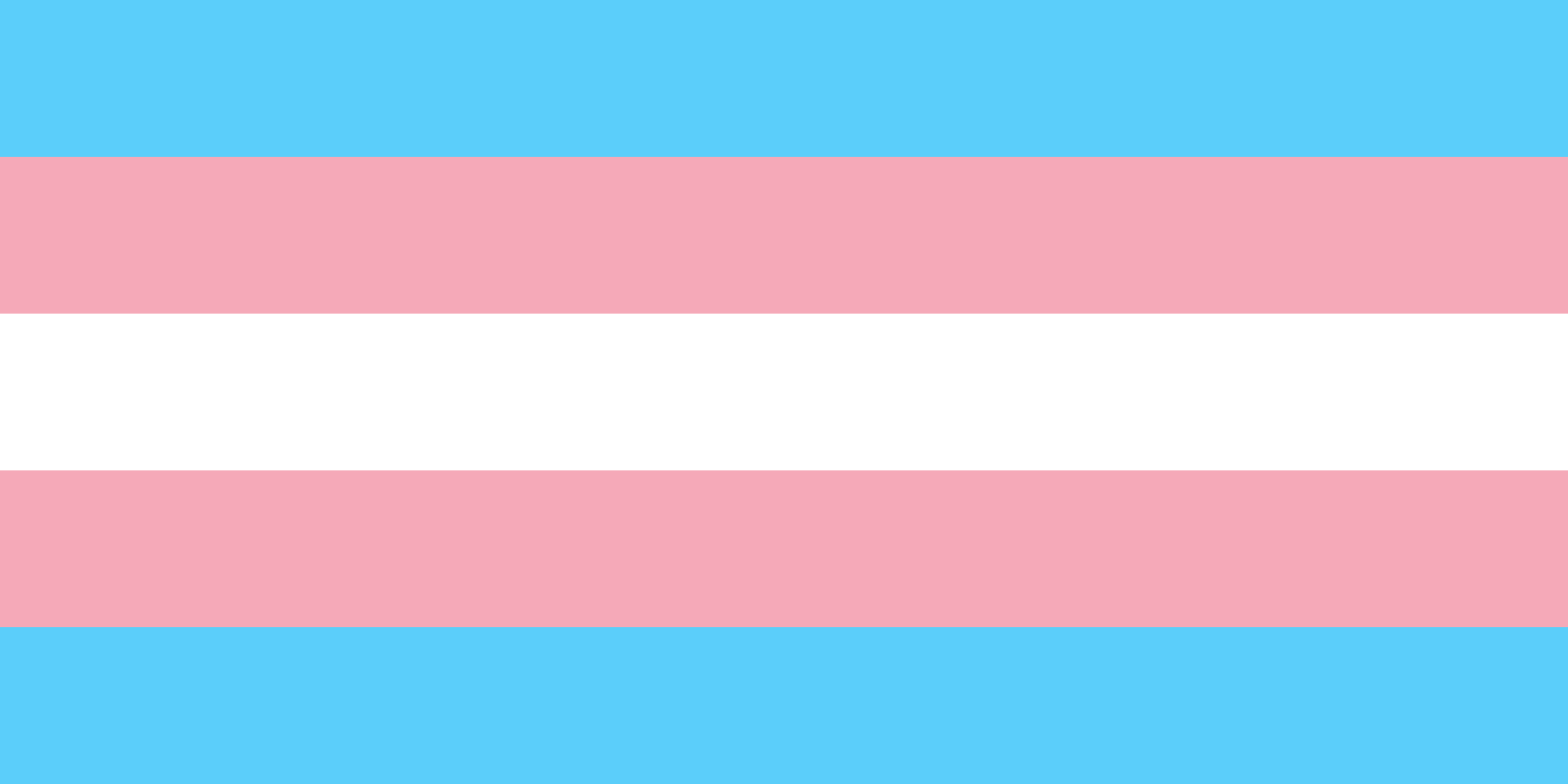
National guidelines promoting the inclusion of trans and gender diverse people in sport were launched in Melbourne on Thursday morning.
The guidelines were developed by the Australian Human Rights Commission in partnership with Sport Australia and the Coalition of Major Professional and Participation Sports (COMPPS).
They provide information on the Sex Discrimination Act 1984 (Cth) and guidance on creating and promoting inclusive environments in sport.
Chief Executive of Sport Australia, Kate Palmer, said the simplest approach was to “put people first”.
“Sport must be safe and inclusive for all because every Australian has the fundamental right to enjoy the wonderful benefits of sport and physical activity,” she said.
“Research tells us gender diverse people, particularly young people, want to engage more in sport and physical activity but often face or fear peer rejection.
“Let’s ensure sport is a welcoming place that helps. Let sport be an example for broader society, showing how we can positively influence community connections and a better future.”
In 2017, Victoria launched a similar set of guidelines, aimed at helping sporting clubs prevent and tackle discrimination against trans and gender diverse people.
While the guidelines were first launched by the Victorian Equal Opportunity and Human Rights Commission in 2015, the updated guidelines reflected the changing terminology and developments in diversity and inclusion.
Outreach manager for Proud 2 Play and sporting participant, Bowie Stover, said the new national guidelines were a positive step towards the inclusion of trans and gender diverse people in the wider sporting community.
“As a non-binary athlete and having worked with numerous sporting clubs and codes over the past few years, I’ve experienced first-hand the many positive outcomes that occur when clubs actively show support for their trans and gender diverse participants,” they said.
“It benefits not only the trans and gender diverse community involved as players, volunteers and spectators, but also helps the clubs and all sports as whole, in creating a diverse and safe sporting environment for everybody.
“I encourage sporting clubs and bodies to adopt these guidelines in order to help ensure trans and gender diverse inclusion in their sports is proactive and that everyone is supported when joining their clubs, regardless of their sex or gender identity.”
The guidelines can be accessed at: www.sportaus.gov.au/




